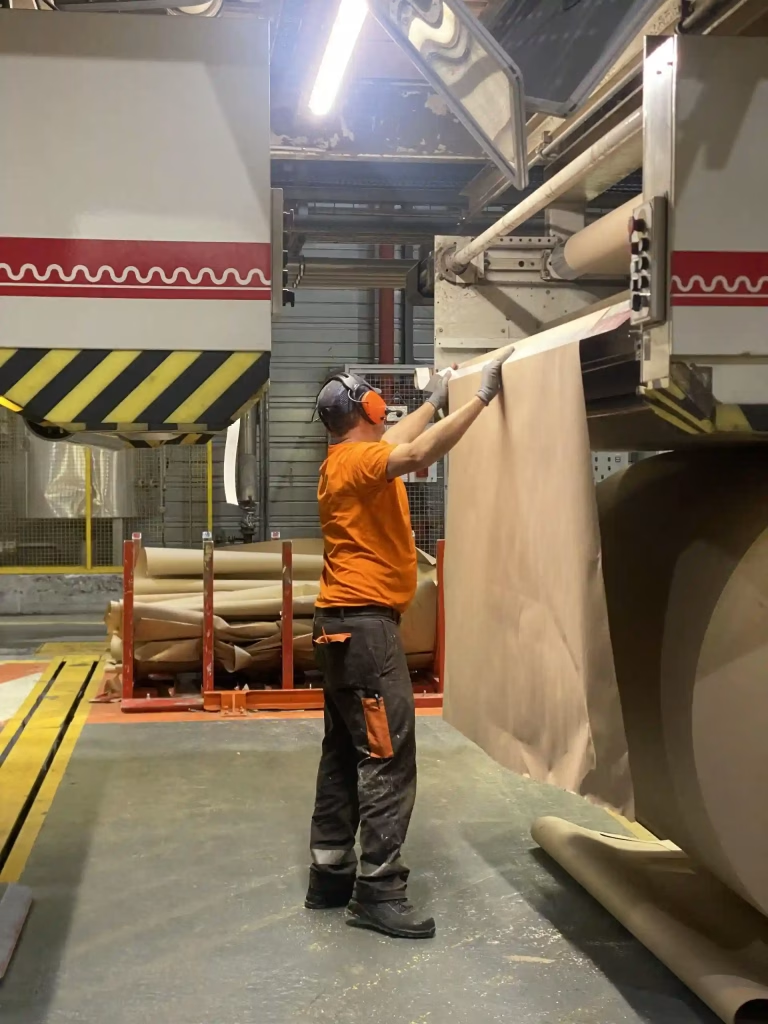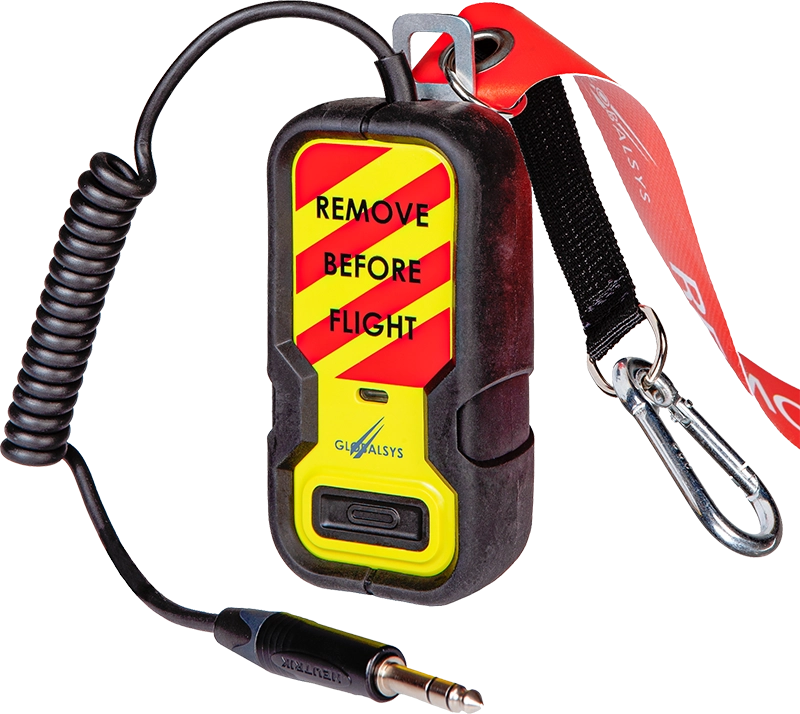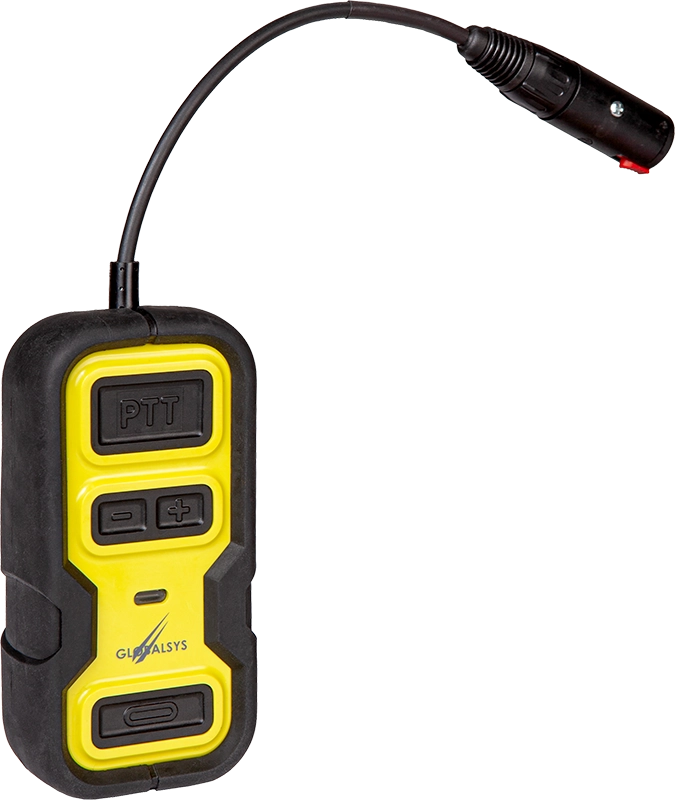In today’s ever-evolving industrial landscape, the demand for flexibility, agility, and worker safety has never been higher. Traditional wired communication networks often struggle to keep pace with the dynamic needs of modern factories and industrial sites. This is where industrial wireless communication steps in. By eliminating physical constraints and enabling real-time data exchange, wireless infrastructure eliminates cables and enhances connectivity. High reliability is crucial for dependable connectivity in real-time communication and automation processes, ensuring seamless operation for critical applications.
As manufacturing plants, refineries, and logistics hubs continue to digitize their operations, industrial wireless communication is becoming a foundational technology ; offering not just convenience, but also a significant competitive edge.
Introduction to wireless communication
Wireless communication is a cornerstone of modern industrial environments, enabling the efficient and reliable transmission of data between various devices and systems. Unlike traditional wired systems, wireless technologies offer greater flexibility and ease of deployment, making them ideal for dynamic industrial applications. The journey of industrial wireless communication began over 30 years ago, with early implementations in the wireless control of Automated Guided Vehicles and Warehouse Cranes. These pioneering applications laid the groundwork for the widespread adoption of wireless communication in today’s industrial automation landscape. Technologies such as Wireless LAN, Bluetooth, and cellular networks have become integral to industrial operations, allowing for seamless data transmission and enhanced operational efficiency.
What is industrial wireless communication?
Industrial wireless communication refers to the use of wireless technologies in industrial environments to facilitate reliable, secure, and real-time data transmission between devices, machines, and human operators. Unlike traditional office wireless systems, these solutions are designed to perform in high-interference, high-noise, and often hazardous environments.
Key technologies include:
- Industrial Wi-Fi: Enhanced Wi-Fi tailored for rugged settings, with better range and stability.
- Bluetooth Low Energy (BLE): Ideal for low-power, short-range applications like sensor communication.
- Mesh networks: Highly resilient systems that maintain communication even if individual nodes fail.
- Multicarrier systems: Supporting transmission across different frequency bands for better coverage and reduced interference.
Wireless protocols play a crucial role in ensuring reliable operations of large systems and complex equipment.
These systems differ from consumer wireless communication in their focus on durability, real-time reliability, and compatibility with industrial protocols. Integration with PLCs (Programmable Logic Controllers), SCADA systems, and sensor networks is essential for seamless operation across diverse environments. The evolving landscape of wireless communication standards, including 5G and Wi-Fi 6, is vital for various applications such as real-time data transmission and IIoT sensor communication.
Types of industrial wireless technologies
Industrial wireless technologies come in various forms, each tailored to specific needs and applications. Wireless LAN (WLAN) is a popular choice, known for its high data transfer rates and reliable operation, making it suitable for large-scale industrial environments. Bluetooth, on the other hand, excels in device-to-device communication, offering a low-power solution for connecting various devices within a short range. Cellular technologies, including the latest 5G networks, are gaining traction in industrial settings due to their high bandwidth and low latency, which are crucial for real-time applications. Other notable technologies include Wi-Fi, Zigbee, and LoRaWAN, each with unique characteristics that cater to different industrial needs. These technologies enable remote monitoring, control, and automation, facilitating the transmission of data from sensors and devices to centralized systems for analysis and decision-making.
Operational efficiency gains
The integration of industrial wireless communication into factory and infrastructure operations leads to measurable improvements in efficiency. Selecting the appropriate communication protocols and leveraging advanced wireless technologies can enhance productivity in manufacturing environments. Additionally, technologies like 5G and Wi-Fi 6 enhance factory operations by enabling more autonomous material handling robots.
1. Real-time automation and monitoring
Wireless networks allow for continuous monitoring of machines and systems, enabling predictive maintenance and real-time adjustments. For example, in production lines, sensors can wirelessly transmit temperature, vibration, or speed data to a centralized control system ; reducing downtime and boosting output. IIoT sensors, in conjunction with wireless communication technologies like 5G and Wi-Fi 6, facilitate real-time transmission of small data packets, enhancing the flexibility, autonomy, and efficiency of manufacturing processes.
2. Increased mobility and flexibility
Wired systems restrict movement and reconfiguration. Wireless solutions, on the other hand, allow machines and operators to relocate easily without costly re-cabling. This flexibility is crucial for modern modular production environments. Wireless communication also enables easy integration of new technologies without the need for extensive cabling, streamlining automation processes and enhancing operational efficiency. Reliable connectivity is essential for mobile applications such as Automated Guided Vehicles (AGVs) and moving robots in smart factories, ensuring efficient production processes and safety.
3. Case Study: aviation ground handling
In aviation, industrial wireless communication enables coordination between pilots, ground staff, and operations centers. Globalsys’ wireless headsets eliminate miscommunication during high-pressure aircraft turnaround operations ; enhancing punctuality and safety. Major airlines like Cathay Pacific and American Airlines rely on such systems to streamline refueling, maintenance, and loading operations.
The increased bandwidth and low latency of technologies like 5G and Wi-Fi 6 enable advanced applications such as video surveillance. Wireless signals play a critical role in ensuring reliable connectivity for industrial applications, even in environments with metal structures and electrical devices that cause interference.
Enhancing worker safety
Beyond operational performance, industrial wireless communication plays a pivotal role in protecting workers in hazardous environments. Wireless technologies like Bluetooth, 5G, and Wi-Fi 6/6E enable reliable safety communication within industrial environments by facilitating real-time data transmission and enhancing the automation and control of processes, which is essential for maintaining safety standards in factory settings. Additionally, technology such as LoRaWAN soil moisture sensors plays a crucial role in environmental monitoring by gathering necessary data for effective monitoring and analysis.
1. Instant alerts and emergency response
Wireless systems allow immediate alerts in case of gas leaks, overheating, or equipment failure. Workers can be notified via handheld devices, headsets, or smart helmets-allowing rapid evacuation or containment. Advancements in 5G and Wi-Fi 6/6E technologies now facilitate real-time communication in control processes, enhancing industrial automation and smart manufacturing. These technologies enable efficient and reliable communication in control applications such as flexible manufacturing and autonomous systems.
2. Remote monitoring of dangerous zones
In industries like oil & gas, mining, or chemical processing, wireless sensors track environmental conditions without requiring personnel to enter hazardous zones. This significantly reduces exposure to risk.
Wireless technologies specifically designed for industrial use, such as advancements in 5G and Wi-Fi 6/6E, enhance connectivity and reliability for various industrial applications. Additionally, wireless communication solutions can alleviate issues in accessing machines with rotating parts, allowing easier maintenance and integration in complex industrial environments.
3. Real-World example: oil & gas industry
Globalsys’ Airlink 2085 system enables full-duplex communication in noisy and remote oil drilling environments. With robust voice transmission over long distances and reliable emergency connectivity, it ensures safety for field operators and technicians.
In maritime and naval operations, the Airlink 3085 system delivers mission-critical communication on moving vessels and offshore platforms ; where traditional wired systems are impractical or unsafe.
The evolution of industrial wireless communication is accelerating. With the rise of 5G, edge computing, and AI-powered analytics, wireless networks are becoming even more integral to industrial success. These innovations promise lower latency, increased device density, and smarter decision-making at the edge.
Globalsys continues to lead in this transformation, delivering secure, high-performance communication systems for aviation, manufacturing, maritime, and energy sectors. From enhancing productivity to safeguarding human lives, the advantages of robust wireless solutions are clear—and industries that embrace them will be better positioned for future growth.
Future of industrial wireless
The future of industrial wireless communication is poised for significant advancements, driven by the increasing adoption of Industry 4.0 and the Industrial Internet of Things (IIoT). Emerging technologies such as 5G and Wi-Fi 6 are set to revolutionize industrial wireless communication by offering higher data transfer rates, lower latency, and enhanced reliability. These advancements will enable more robust and efficient wireless networks, capable of supporting a higher density of connected devices. Additionally, the integration of artificial intelligence (AI) and machine learning (ML) will further enhance automation and optimization of industrial processes, leading to smarter and more efficient operations. As these technologies continue to evolve, we can expect a greater adoption of wireless solutions in industrial environments, driving increased productivity, efficiency, and competitiveness.
Challenges and limitations
Despite the numerous benefits, industrial wireless communication faces several challenges and limitations. Ensuring reliable and secure communication in harsh industrial environments, where interference and noise are prevalent, is a significant hurdle. Compatibility between different wireless devices and systems can also be complex and time-consuming to achieve. Additionally, factors such as RF interference, packet loss, and network congestion can impact the performance and reliability of wireless communication systems. To address these challenges, it is crucial to meticulously plan and design industrial wireless networks, considering aspects like network architecture, device selection, and security protocols. By implementing best practices and leveraging advanced technologies, industrial organizations can overcome these obstacles, ensuring efficient and reliable wireless communication that optimizes their operations and maintains their competitive edge in the fast-paced industrial landscape.







